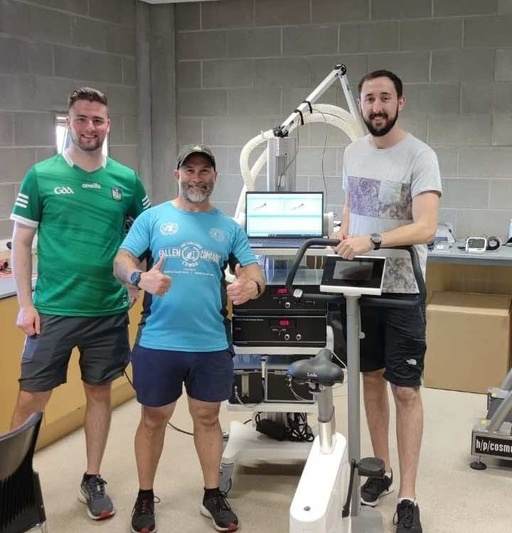All Business Analytics
Even a modestly-sized business produces reams and reams of information: customer inquiries and orders, supplier contacts, warehousing records, employee timesheets, shipping tickets, and of course more financial reports than you can shake a stick at. The problem with gathering all that data is that it is not necessarily very useful beyond its immediate purposes: there’s just too much of it to interpret.The purpose of business analytics is to condense a mass of commercial information into headline numbers that managers can make sense of. In addition, analysts may try to predict the future in terms of specific measurable quantities. Data-based guesses as to how things may turn out if any of a number of possible choices are taken can spell the difference between success and bankruptcy for a business.As you would expect, modern data science is highly computerized and overlaps significantly with areas like machine learning. Statistics play a central role, while a successful candidate will have at least a little computer programming ability.




















